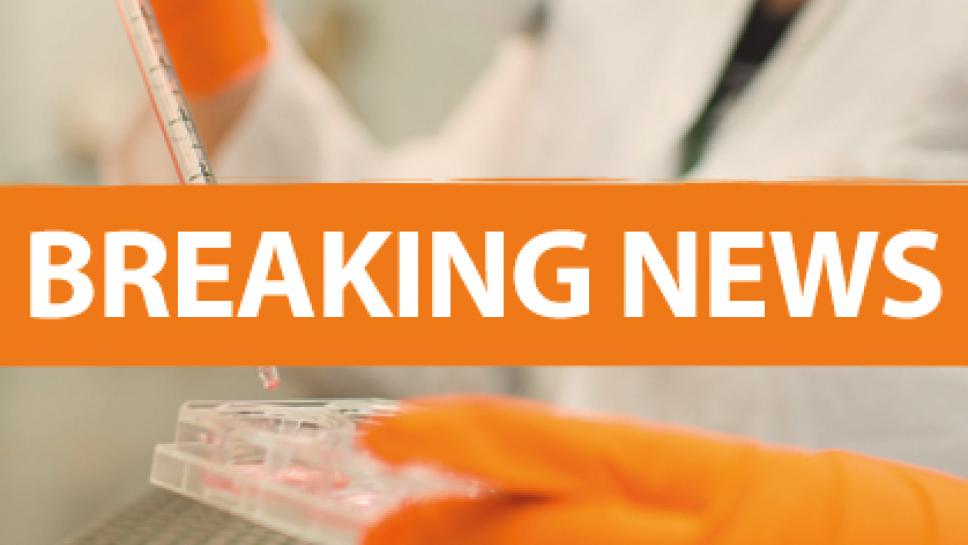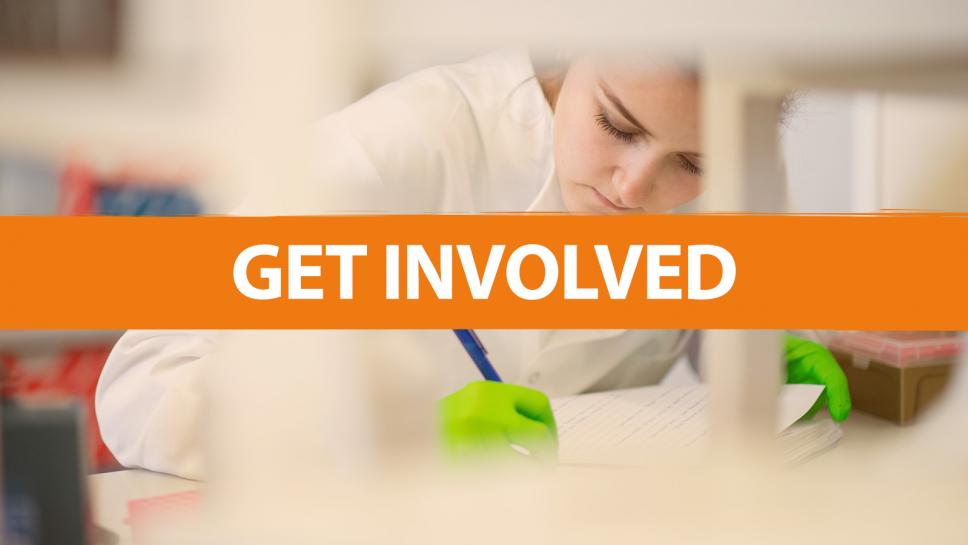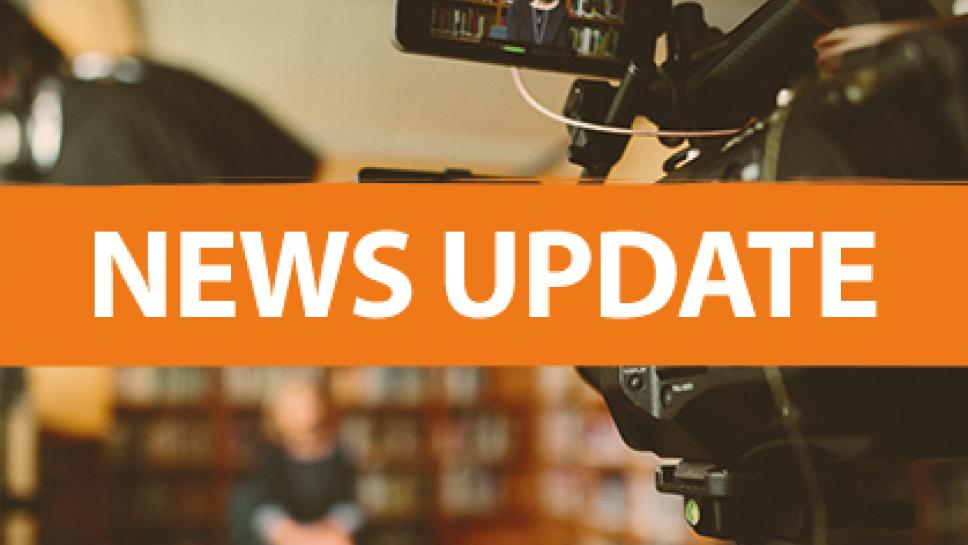Duchenne dating and sexuality
Approval of gene therapy SRP-9001 in the USA ‒ a significant milestone in the treatment of Duchenne muscular dystrophy

We reported recently on a key step in the US Food and Drug Administration’s (FDA) pathway for approval of Sarepta Therapeutic’s gene therapy SRP-9001 (also known as delandistrogene moxeparvovec-rokl) for Duchenne muscular dystrophy (DMD). We are pleased to report that the regulator has granted accelerated approval for the treatment of ambulatory children (those able to walk unassisted), aged between four and five years, with Duchenne muscular dystrophy. This marks a significant milestone in the field of medicine and offers hope for people living with this condition.
The FDA's accelerated approval programme is designed to speed up the availability of treatments for serious conditions that demonstrate promising early results. This decision reflects the regulator’s recognition of the urgent need for effective therapies and its commitment to advancing medical breakthroughs.
While accelerated approval allows patients in the US to access the therapy sooner, it also requires ongoing monitoring and additional studies to confirm its benefits. This approach strikes a balance between addressing unmet medical needs and ensuring patient safety.
The FDA’s decision will not directly affect people living with Duchenne muscular dystrophy in the UK. Muscular Dystrophy UK is in contact with Roche – Sarepta’s partner for global distribution – who have provided more information about delandistrogene moxeparvovec and their plans for getting the treatment to people in the UK. You can read more here.
The health authority in the UK responsible for issuing Marketing Authorisations for medicines is the Medicines & Healthcare Products Regulatory Agency (MHRA), not the FDA. Roche is actively engaging with the MHRA to determine the best possible route to achieving a potential licence for delandistrogene moxeparvovec. In addition to gaining a licence, further assessments of clinical and cost-effectiveness by the National Institute for Health and Care Excellence (NICE) and the Scottish Medicines Consortium (SMC) must also be undertaken before a medicine is available to patients on the NHS. You can read more about this process here.
Duchenne muscular dystrophy is a rare muscle-wasting condition that mainly affects boys and men. People with DMD lack a protein called dystrophin, which is required to maintain the strength of muscles. Delandistrogene moxeparvovec is a gene therapy for DMD developed by Sarepta Therapeutics. It is based on the delivery of micro-dystrophin (a smaller, but functional, version of dystrophin protein) into muscle cells via an adeno-associated virus (AAV) vector.
This is an exciting step forward for the community and we will keep you updated on developments that impact people in the UK, whenever we can.
Meet the Panel Calling for Newborn Screening for Rare Conditions
Opportunity for people with Becker muscular dystrophy to take part in a Phase 2 clinical trial

UPDATE 06/07/2023 - Edgewise Therapeutics has announced the results from a study evaluating their EDG-5506 drug in adults with Becker muscular dystrophy (BMD). The Phase 1b study called ARCH assessed the safety, tolerability, and impact on muscle damage
The use of EDG-5506 showed a significant reduction in key biomarkers of muscle damage in the research participants. Functional improvements were also observed in nine out of twelve participants. These results support the potential for EDG-5506 to preserve muscle function and slow progression of BMD. The results have also informed the design of a potential registrational trial – a pivotal trial that aims to provide data and evidence to support the registration and approval of a new treatment by regulatory authorities.
EDG-5506 is an investigational drug designed to protect the muscle. It works to inhibit (or stop) a particular form of a protein called myosin found in skeletal muscle fibres. Myosin produces energy for muscle contraction – a little bit like a motor. In people living with Becker muscular dystrophy this muscle contraction could eventually lead to muscle damage as they are missing fully functional dystrophin, which acts as a kind of shock absorber. The idea is that EDG-5506 stops myosin from producing the energy required to contract the muscle, therefore reducing the stress and damage to the muscle.
Enrolment onto the trial has started at clinical sites across the United States, United Kingdom and the Netherlands. In the UK, the trial is taking place in London (University College London Hospital) and Newcastle (Newcastle Freeman Hospital). The aim is to include 48 adult and 18 adolescent participants with Becker muscular dystrophy across these countries.
People with Becker muscular dystrophy interested in participating in the Canyon clinical trial should discuss it with their neuromuscular consultant.
Further information about the Canyon trial, including eligibility, inclusion and exclusion criteria, can be found here. For any additional information, people are encouraged to contact the study coordinators at studies@edgewisetx.com
The latest FSHD research updates from the FSHD Society’s 30th annual International Research Congress
‘We bring each other's spirits up’: Father and daughter living with FSHD together
Beyond my FSHD diagnosis: a chance to learn and grow
BBC Drama Best Interests information and support

We appreciate that watching this drama may lead to challenging emotions or raise questions or concerns for both you and your family. If you have been affected by the drama, or by any of the surrounding press or social media coverage, there is support available for you.
For advice relating to a muscle-wasting or associated neuromuscular condition, in the first instance please contact the neuromuscular team overseeing your or your family member’s care.
Muscular Dystrophy UK is also here to support families. We’re here to help if you need information or simply to listen if you want to talk. Our freephone helpline is open Monday to Thursday from 10am to 2pm and you can also reach our team via email on info@musculardystrophyuk.org.
Over the past ten years great progress has been made in developing treatments for muscle-wasting conditions, and today at Muscular Dystrophy UK we are working on access to 12 treatments for 5 different conditions, and funding 48 live research projects. This has been made possible by the amazing network of fundraisers, donors, families, and the individuals, researchers and clinicians involved in clinical trials.
We appreciate that some of you may have not watched the programme and are considering it. Thoughts from members of the MDUK community shared with us include:
“The diagnosis scene was literally like watching myself on TV, it’s muscular dystrophy but we don’t know what kind…”
“Good to see the whole family story shared in a balanced way, despite being through the lens of a drama.”
We have put together the following links to information and resources to help support you.
Bereavement Support
Bereavement and loss can affect everyone differently, and there is no right or wrong way to feel. Grief is the range of emotions we experience, and the process that we go through in reaction to bereavement or loss. Grief can be very complex, and there are different types of grief that you may experience in response to a bereavement or loss.
We know that no one can understand exactly what your loss feels like to you. However, we also know that, sometimes, it can be easier to talk to someone who is not directly connected to you about the impact of bereavement, grief, and loss on your life. This is why we offer the GriefChat service.
GriefChat is an organisation that supports Muscular Dystrophy UK to provide access to free professional bereavement support. GriefChat helps those dealing with grief by providing them with a safe space to be able to share their story and explore their feelings. GriefChat is open Monday – Friday, 9am – 9pm (except for Bank holidays). During those hours, GriefChat provide a live instant chat service with a qualified bereavement counsellor. Email access is provided at other times and will be responded to by the end of the next working day
To access GriefChat and to access further information on bereavement support please click here.
There is a wide range of organisations that support with grief and different types of bereavement
Get support - Cruse Bereavement Support
Cruse Bereavement Support provide bereavement support and information across the UK. Cruse can provide one-to-one support for adults, and support for children and young people.
Child Bereavement UK helps families to rebuild their lives when a child grieves or when a child dies. They also support children and young people up to the age of 25.
The Compassionate Friends (TCF) is a charitable organisation of bereaved parents, siblings and grandparents dedicated to the support and care of other similarly bereaved family members who have suffered the death of a child or children of any age and from any cause.
Bereavement support for children and families | Winston's Wish
Winston’s Wish is a childhood bereavement charity who have supported grieving children and young people since 1992. They provide specialist child bereavement support services across the UK.
Looking after your mental wellbeing
Mental health refers to our emotional, psychological, and social wellbeing. Our mental health impacts on our thoughts and feelings, and how we act and behave. It also influences how we respond to stress, how we interact with others, and the choices we make. Living with a muscle-wasting condition can have an impact on every part of your life, including your mental health and wellbeing. The impact goes beyond those who are living with a muscle-wasting condition; families and carers can also be affected. It is important that everyone has access to the right support for their mental health when needed
When might I need support?
Mental health problems can happen for no reason, or they might be triggered by specific life events. If you, or someone you know, is going through a period of poor mental health, it can be hard to know when to reach out for help and who to talk to. You may feel uncertain about seeking help. It is always okay to ask for help – there is support available.
You might want to reach out for help:
- If you find that you are regularly feeling worried, upset, anxious or depressed.
- If you are experiencing little enjoyment in your day-to-day life.
- If you are regularly having thoughts or overwhelming feelings that are difficult to cope with or affect how you manage each day.
- If you have difficulty sleeping or there are changes to your eating pattern.
- If you have low motivation or have lost interest in things which you used to enjoy.
- Following a new diagnosis.
- If there has been a recent change in your health or circumstances.
- If you are a relative or carer of a person living with a muscle-wasting condition and are experiencing any of the above.
Useful contacts:
Samaritans – Call 116 123 for free (24-hour service)
Shout - Text 85258 to get in touch with the free Shout mental health service (24-hour text service)
For further detailed information on how to access mental health support please refer to our webpage on Getting mental health support.
Helpful Resources:
Organisations
Together for short lives – supporting children and families living with life-limiting or life-threatening conditions.
Sue Ryder – providing palliative, neurological and bereavement support to people and their families
Marie Curie – providing support and care to people living with a terminal illness, and their families.
Rainbow Trust – providing support to families who have a child with a life-limiting or life-threatening condition.
Sibs - providing support to people who grow up with or have grown up with a sibling who has a disability.
Hospice UK – providing care and support to everyone affected by death, dying and bereavement.
Carers UK – providing unpaid carers with information, advice, and support.
Information on palliative care
Together for short lives - What is children’s palliative care and hospice care?
Marie Curie - What is palliative care?
MDUK standards of care for adults living with Duchenne muscular dystrophy – palliative care video
Information on end of life care
Together for short lives - End of life care
Marie Curie - End of life care
If you have any questions or concerns relating to the NHS care that you or your family are receiving, please contact your specialist neuromuscular team or consultant. Please also see below for further information:
Corben's Courage
- Read more about Corben's Courage
- Log in to post comments
